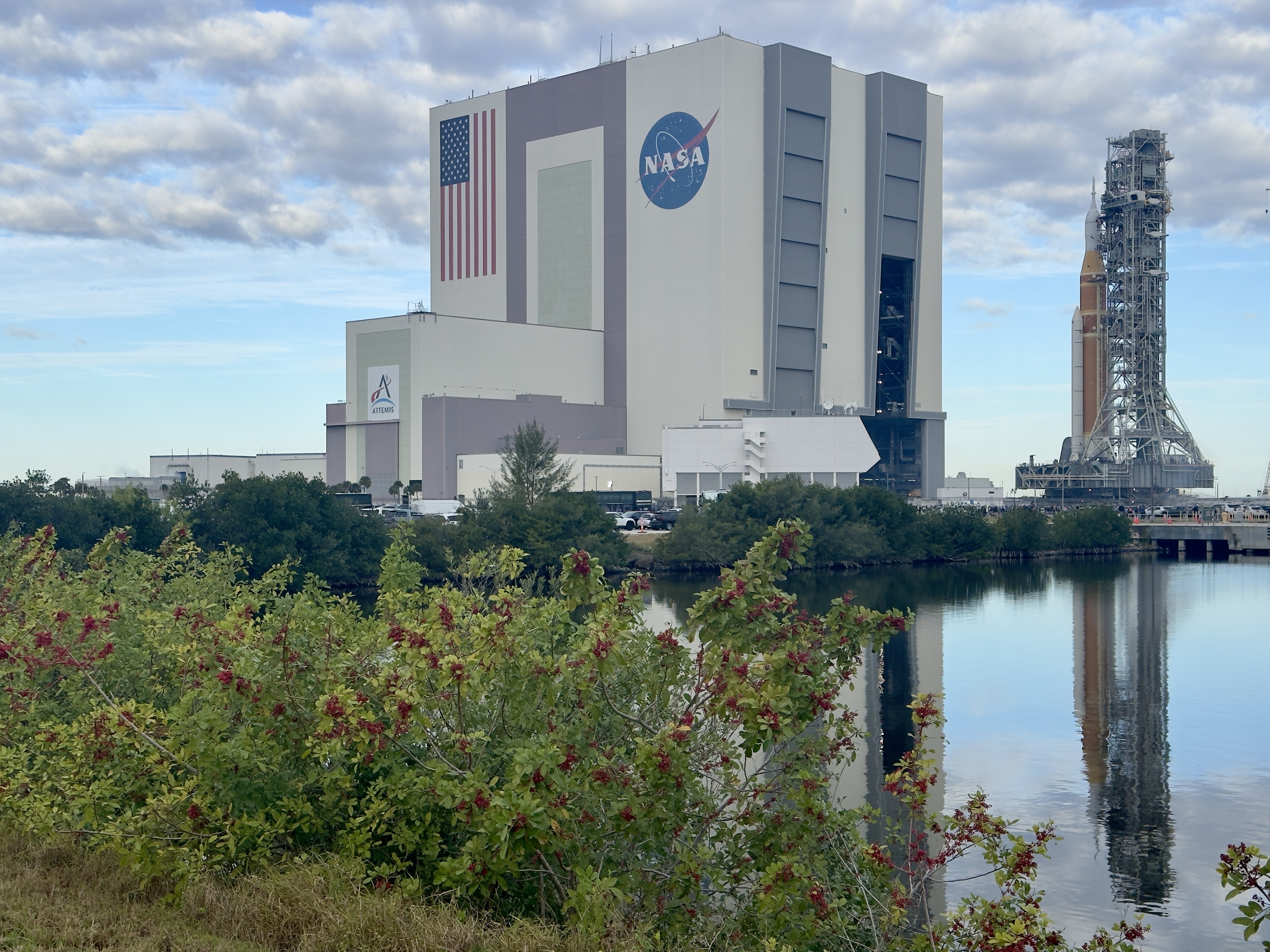Firefly Aerospace CEO leaves company amid misconduct investigation
Rocket maker Firefly announced on July 17 that Bill Weber will no longer serve as CEO of the company, effective immediately.

Firefly Aerospace has announced its chief executive has left the company.
Rocket maker Firefly Aerospace announced on July 17 that Bill Weber will no longer serve as CEO of the company, effective immediately. The move follows reports the company was investigating allegations of an inappropriate relationship between Weber and a female employee.
"Firefly board member Peter Schumacher will serve as interim CEO while the board initiates a search," the Firefly statement read. "Schumacher previously served in this role at Firefly and will lead the company's more than 700 passionate, hardworking, and talented professionals." The short statement did not provide reasons for nor the manner of Weber's departure.
The change in Firefly leadership follows the successful launch of eight cubesats for NASA via Firefly Aerospace's Alpha rocket earlier this month.
In June, Firefly announced it would be adding the capability to launch Alpha from the Mid-Atlantic Regional Spaceport (MARS) on Wallops Island, Virginia. The capability will support "to support rapid, on-demand missions for government and commercial customers," meaning those with very short notice.
Firefly has previously launched such missions on behalf of the U.S. Space Force, including the Victus Nox mission, which was launched in under 27 hours from the time the company received the order.
Last month Firefly also reached an agreement with the Swedish Space Corporation to launch satellites from Esrange in Sweden. The cooperation means Firefly is set to become the first U.S. company to launch satellites from continental Europe.
Breaking space news, the latest updates on rocket launches, skywatching events and more!
Alpha launched for the first time in September 2021 but failed shortly after liftoff. It reached orbit for the first time on its second launch, in October 2022.

Andrew is a freelance space journalist with a focus on reporting on China's rapidly growing space sector. He began writing for Space.com in 2019 and writes for SpaceNews, IEEE Spectrum, National Geographic, Sky & Telescope, New Scientist and others. Andrew first caught the space bug when, as a youngster, he saw Voyager images of other worlds in our solar system for the first time. Away from space, Andrew enjoys trail running in the forests of Finland. You can follow him on Twitter @AJ_FI.
